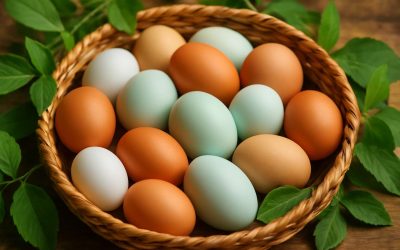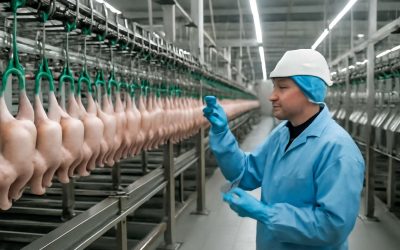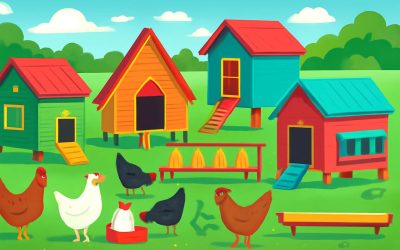
A hatching machine is a device which provides a safe and controlled environment for hatching eggs. It is primarily used in large poultry and chicken facilities. In addition to providing a safe place for eggs, a hatching machine also regulates the temperature and humidity of the incubating environment.
The process of hatching eggs starts three weeks after a fertilized egg is laid. During this time, the embryo develops. At the end of this period, the embryo will be ready to hatch. The hatching machine should be carefully cleaned before using it. Also, before placing the eggs in the machine, the incubator should be checked for moisture and sanitized with a 10 percent bleach solution.
For optimum hatching results, the incubator should be placed in an area with a steady temperature and a good ventilation system. Ideally, the temperature should be maintained between 100 and 100 degrees Fahrenheit. If there are prolonged periods of low or high temperatures, the hatching process will be altered.
A hatching machine is made of an enclosed structure which includes a traction rod that rotates the base. It has a fan which helps to distribute heat evenly. Eggs should be turned at least three times a day. The large end of the egg should be slightly elevated so that the embryo will be oriented for hatching.
Some experts recommend turning the eggs a minimum of five times a day. However, it is important to keep in mind that this may not be possible. When turning eggs manually, wear gloves to avoid spreading germs. Use a pen to mark the egg’s location so that you will know which ones need to be turned.
An automatic egg turner is a convenient feature of an egg incubator. These machines help to turn the eggs in a controlled manner. They can also be added to semi-automatic egg incubators. This is a good option if you are not able to handle the task yourself.
While it is recommended to turn the eggs regularly, it is not necessary to do so during the last three days of incubation. Besides, it is not necessary to open the hatcher during the hatching process. Once the hen leaves the egg, animals can easily prey on the eggs.
Although an automatic hatching machine is more reliable than a hen, it still requires a bit of human interaction. Therefore, a hatching machine can be a good investment if you have a small business or are a novice producer.
Incubators are generally divided into different units to separate chicks from other batches. This helps to ensure proper sanitation and disease control measures between them.
There are many kinds of incubators available. Different models are designed to meet the needs of various producers. Many of these devices are also equipped with sensors for quick access and ease of operation.
An automatic hatching machine has an electronic system which tests the uniformity of the heat distribution in the unit. Other automatic features include an egg turner, a heater and a fan.



0 Comments